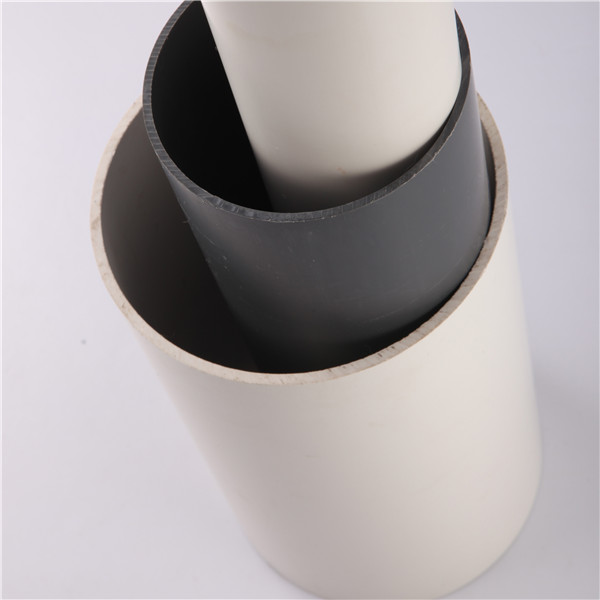Sep . 22, 2024 03:55 Back to list
hdpe sprinkler pipe
The Benefits and Applications of HDPE Sprinkler Pipes
High-Density Polyethylene (HDPE) sprinkler pipes have become increasingly popular in agricultural and landscaping irrigation systems due to their numerous advantages over traditional materials. HDPE is a thermoplastic characterized by its high strength-to-density ratio, making it exceptionally durable and suitable for various irrigation applications.
One of the most significant benefits of HDPE sprinkler pipes is their resistance to corrosion and chemicals. Unlike metal pipes that can rust over time, HDPE pipes are immune to corrosion caused by moisture and chemicals, ensuring a longer lifespan. This property is particularly advantageous for agricultural use, where fertilizers and other chemicals are frequently employed. The durability of HDPE translates to reduced maintenance costs and fewer replacements, providing farmers and landscape managers with a more economical solution.
The Benefits and Applications of HDPE Sprinkler Pipes
Moreover, HDPE sprinkler pipes exhibit excellent resistance to temperature fluctuations. They can withstand high temperatures during the summer months and remain flexible in colder weather, ensuring reliable performance year-round. This temperature resilience makes HDPE pipes suitable for diverse climates, from the arid fields of the Southwest to the humid environments of the Southeast.
hdpe sprinkler pipe

The lightweight nature of HDPE is another notable feature that facilitates easy handling and installation. Traditional materials like PVC and metal pipes are often considerably heavier, requiring more manpower and equipment for installation. In contrast, HDPE pipes can be transported and installed with minimal effort, thereby reducing labor costs and physical strain on workers.
Additionally, HDPE pipes offer sustainability advantages. They are recyclable, and their production has a relatively low environmental impact compared to traditional materials. As awareness of environmental issues increases, more farmers and businesses are turning to HDPE pipes as a sustainable choice for their irrigation needs.
In terms of performance, HDPE sprinkler pipes have excellent flow characteristics. The smooth interior surface of HDPE reduces friction loss, allowing for efficient water distribution. This efficiency is crucial in optimizing water usage in irrigation, leading to healthier crops and reduced water consumption—a vital factor in areas facing water scarcity.
In summary, HDPE sprinkler pipes represent a modern solution for irrigation systems, combining durability, flexibility, and efficiency. Their resistance to corrosion and temperature fluctuations, along with their lightweight nature and sustainability benefits, make them an ideal choice for both agricultural and landscaping applications. As the demand for efficient water management continues to grow, the adoption of HDPE pipes will likely increase, leading to enhanced productivity and environmental conservation in irrigation practices.
-
Durable PP Rigid Sheet: Lightweight, Chemical Resistant Solutions
NewsAug.21,2025
-
PVC Grey Sheet for Extraction: Chemical Resistant & Durable
NewsAug.19,2025
-
Durable PVC Pipe Fittings for Plumbing & Irrigation Needs
NewsAug.18,2025
-
HDPE Steel Belt Reinforced Spiral Corrugated Pipe | High Strength
NewsAug.17,2025
-
HDPE Pipe Fittings: Durable, Leak-Proof Solutions
NewsAug.16,2025
-
Premium CPVC Sheet: High-Temp & Chemical Resistant Solutions
NewsAug.15,2025

